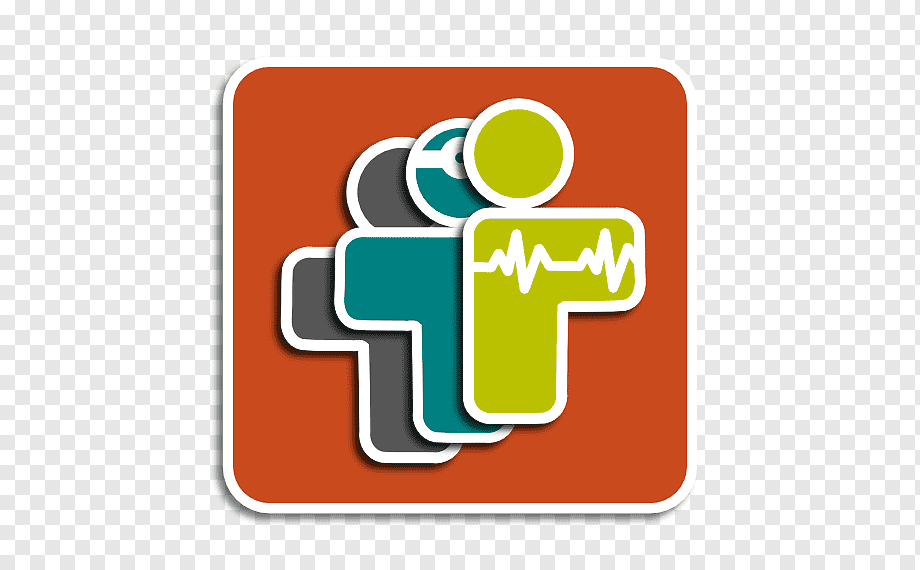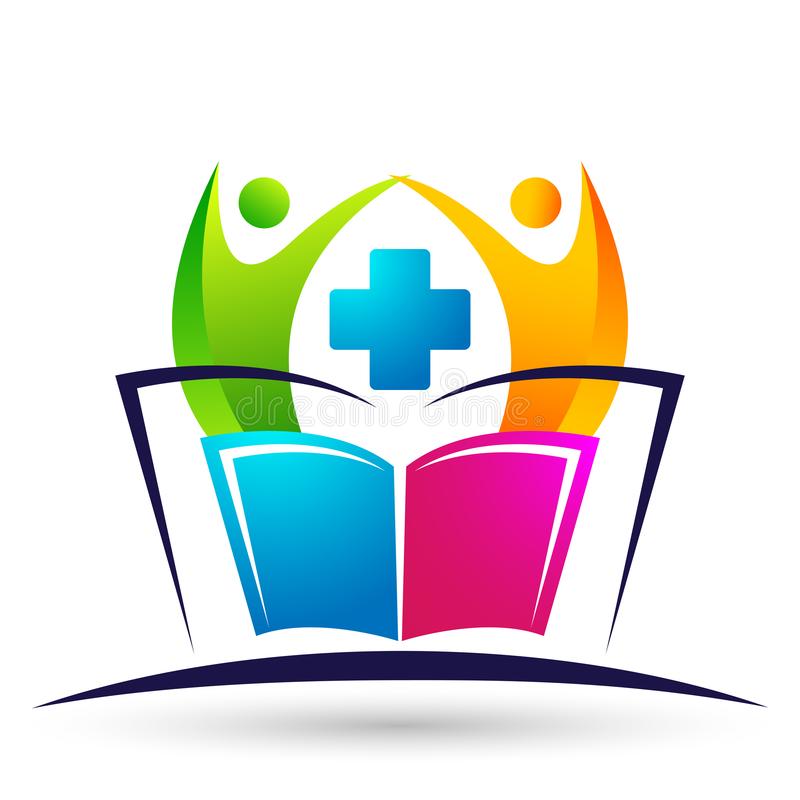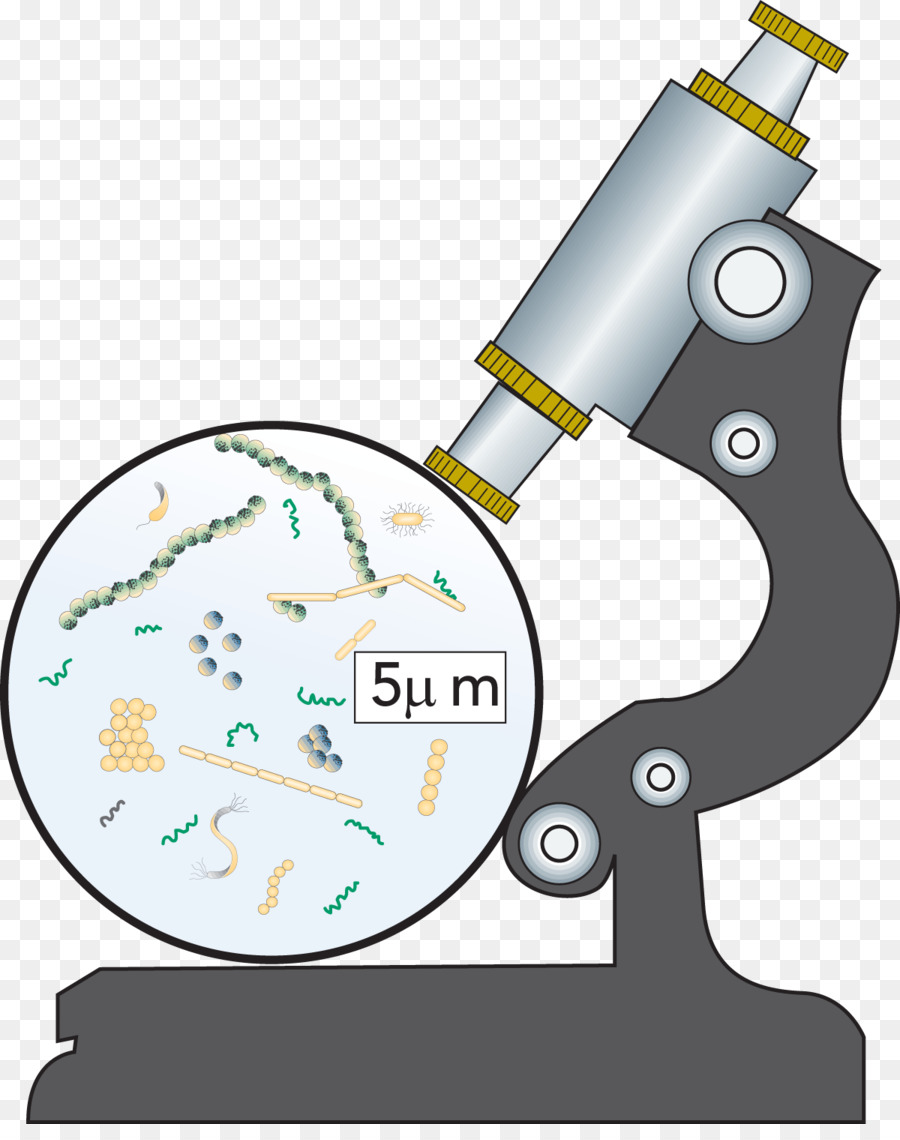This course deals with concepts, principles and techniques of history taking, head to toe physical examination and psychosocial assessment using various tools and interpretation of laboratory findings to arrive at a nursing diagnosis.
The learners are expected to perform holistic nursing assessment of an individual adult client.

The course includes discussions on health education concepts, principles, theories and strategies as they apply in the clinical and classroom situations.

This course is designed to assist students in the study of the many important microorganisms and parasites. It explains the physiology and pathogenic properties of bacteria, fungi and viruses as an introduction to the disease causation, their biology, the infection they cause, host response to these infections and their mode of transmission, prevention and treatment and nursing responsibilities.
The laboratory experiences provide specimen collection, handling and processing of specimens for isolation and identification of microorganisms and parasites involved in the infectious processes.

This course deals with concepts, principles, theories and techniques basic to nursing as a profession, science and art. It emphasizes on the concept of man as a holistic being and the professional roles of the nurse in health care and the setting. The learners are expected to utilize the nursing process and the basic nursing skills as primary tool in health promotion, disease prevention, restoration and maintenance, and rehabilitation.